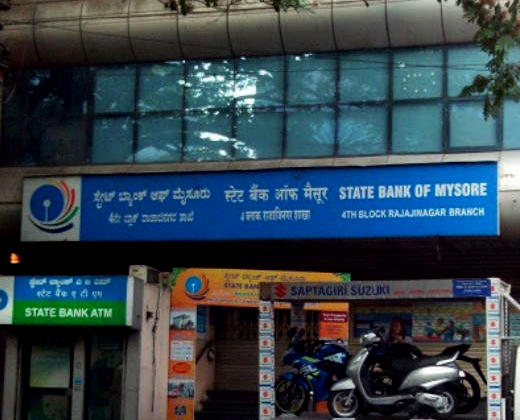Indian’s largest public lender, State Bank of India (SBI) has issued an alert for its customers related to social engineering fraud. If you are SBI customers having Fixed Deposits (FDs) then you should pay attention to what the bank has to say about the social engineering frauds.
The public sector bank (PSB) in an update has said that it has come across reports, wherein cybercriminals are reported to have created online fixed deposits in customers’ accounts in an attempt to carry out social engineering frauds. The State Bank of India has advised its customers to control access to their account by not sharing personal details like password/ OTP/ CVV/ Card Number etc. with anyone. It said that the bank would never ask for these details over phone or email or SMS.
To aware its customers of the fraud, the bank took the help of its social media account and in a tweet said “We urge our customers not to share their banking details with anyone. Don’t fall for scammers impersonating as SBI, we never ask for personal details like Password/OTP/CVV/Card Number over the phone.”
Social engineering fraud is a new form of cyber fraud that has been noticed in the recent past where the fraudsters are using the FD account of the victims to siphon off money. In the process, they –the fraudsters create a fixed deposit account of the targeted victim with help of their net banking details and transfer some amount. After this, they take an advantage of the vulnerability of the victim and ask their OTP posing themselves as bank officials. And, once the person shares his OTP, the cybercriminals transfer the entire FD amount into their account.
Source: Hans India
You may also like
-
Trade Connect E-platform For Exports Is Single Window, Fast, Accessible And Transformational: Shri Piyush Goyal
-
Dot Simplifies Approval Processes For Telecom Licenses And Wireless Equipment
-
Coal Production and Supply Trends on Positive Trajectory
-
Union Minister To Release Booklets On Promotion Of Indigenous Species & Conservation Of States Fishes
-
2nd India-Japan Finance Dialogue held in Tokyo on 6th September, 2024
